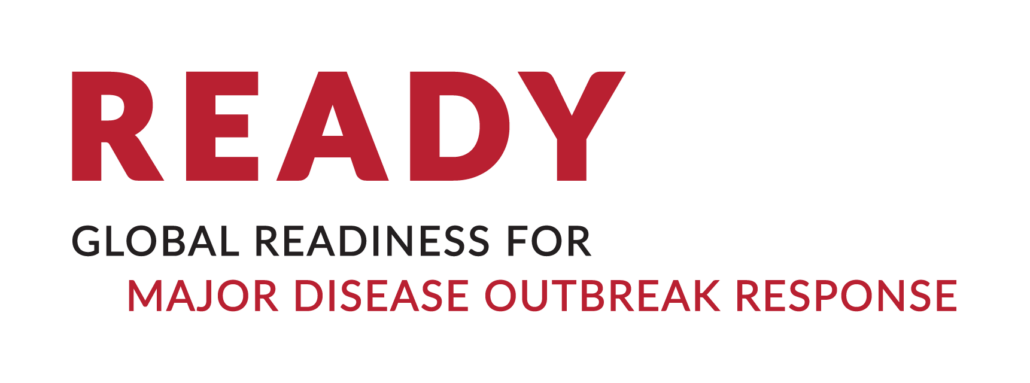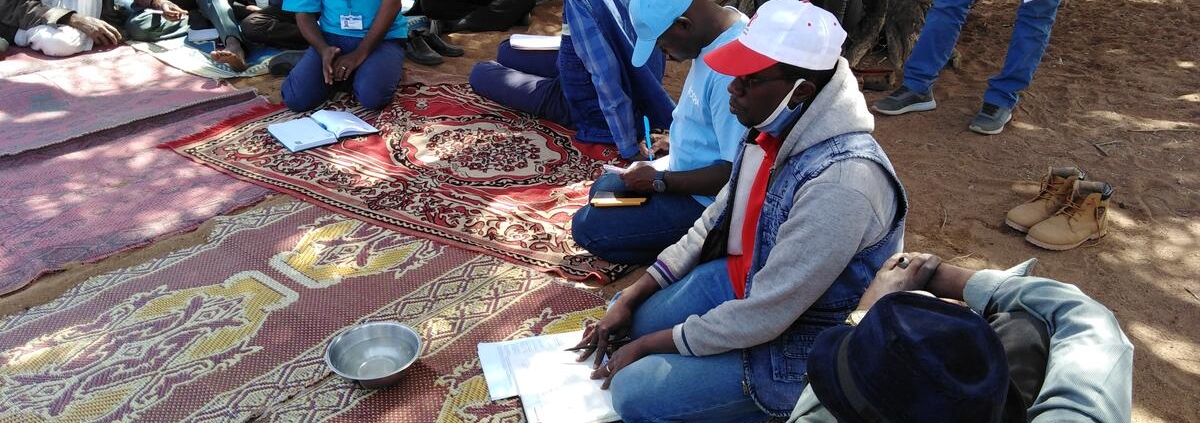Finding Community-led Solutions: An interagency guidance note on working with communities in high density settings to plan local approaches to preventing and managing COVID-19
Author: Risk Communication and Community Engagement Technical Working Group
This practical guidance note is intended for anyone involved in COVID-19 risk communication and community engagement (RCCE) efforts in complex and fragile settings in Africa, which includes refugee and internally displaced persons (IDP) camps and informal urban settlements. A combination of high population density, poor housing, limited access to water and sanitation, overstretched or inaccessible health services and widespread poverty, increase the risk and impact of a COVID-19 outbreak in these settings. Refugees, IDPs and people living in informal urban settlements, which are often home to urban refugees and irregular migrants, are often stigmatized and excluded from national response plans. This can lead to high level of mistrust towards authorities and responders within these groups. This is further exacerbated by the fact that standard COVID-19 prevention measures, such as physical distancing and handwashing, will be more challenging and in some cases even impossible to implement in crowded camps and informal settlements. This guidance note draws on and summarises content from a range of other guidance notes, many with a global focus or broader scope than RCCE.
View the guidance in English here.


This website is made possible by the support of the American People through the United States Agency for International Development (USAID) under the READY initiative. READY (not an acronym) is supported by USAID’s Bureau for Democracy, Conflict, and Humanitarian Assistance, Office of U.S. Foreign Disaster Assistance (OFDA) and is led by Save the Children in partnership with the Johns Hopkins Center for Humanitarian Health, the Johns Hopkins Center for Communication Programs, UK-Med, EcoHealth Alliance, and Mercy Malaysia. The contents of this website are the sole responsibility of Save the Children. The information provided on this website does not necessarily reflect the views of USAID, any or all consortium partners, or the United States Government, and is not official U.S. Government information.


